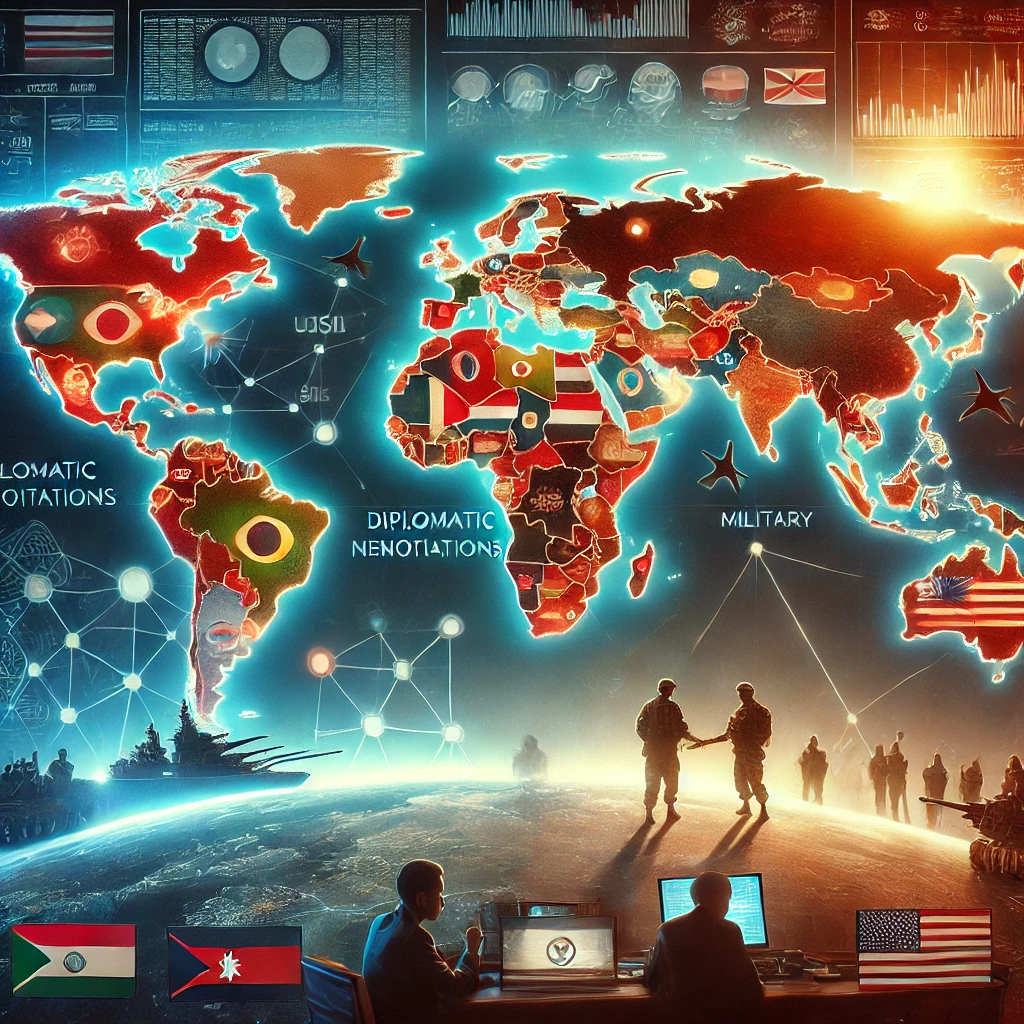In today’s mathematical age, where information is plentiful and readily accessible, radio literacy has become an essential ability for navigating the big landscape of news beginnings. With the proliferation of connected to the internet platforms and the rise of citizen reporting, it’s crucial for individuals to think how to discern believable news sources from falsity and propaganda. Let’s investigate the importance of media knowledge and explore strategies for understanding and resolving news sources efficiently.
Understanding Media Bias and Program
One of the first steps in media knowledge is recognizing that all news beginnings have inherent biases and agendas. Either it’s a mainstream newspaper, a cord news network, or an independent site, every source of revelation is influenced by the outlooks, values, and interests of its inventors and stakeholders.
Media bias can manifest in differing forms, including governmental bias, ideological bias, corporate bias, and exaggeration. Understanding the ideological leanings and commentary stances of news outlets can help individuals define and contextualize the information bestowed to them.
Evaluating Believeableness and Reliability
When assessing the believeableness and reliability of news beginnings, several factors endure be considered. These include the opinion and track record of the outlet, the abilities and expertise of the reporters, the quality of sourcing and fact-restraining practices, and the transparency of editorial processes.
Well-known news organizations obey ethical standards and journalistic standard, such as accuracy, justice, objectivity, and transparency. They name credible sources, specify context and background news, and issue corrections when errors are recognized.
Analyzing News Content and Composing
Media proficiency also involves resolving the content and framing of news news to identify potential biases and agendas. Obey to language, tone, metaphors, and framing techniques can disclose underlying messages, stories, and ideological perspectives.
Broadcasters make choices about that stories to cover, how to frame those tales, and which angles to stress. Understanding these editorial decisions and acknowledging their potential impact on audience ideas is essential for media literacy.
Cross-Assign to source and Verifying Information
In the age of mathematical misinformation and fake news, cross-assign to source and verifying information from diversified sources is critical for news literacy. Relying on a sole news source or friendly media post without storying evidence can lead to the spread of fake information and misconceptions.
By cross-assign to source information from multiple believable sources and fact-examining organizations, individuals can confirm the accuracy and reliability of information stories. This practice helps separate factual newsgathering from opinion, analysis, guess, and misinformation.
Promoting Fault-finding Thinking and Skepticism
Ultimately, radio literacy is about promoting detracting thinking and skepticism when absorbing news and information. Bright individuals to question, analyze, and judge the sources, motives, and stories behind news stories empowers ruling class to make informed judgments and determinations.
Teaching media education in schools, workplaces, and communities can help cultivate a more discriminating and informed citizenry. By setting up people with the abilities and tools to guide along route, often over water the complexities of the media countryside, we can foster a healthier and more flexible society.
In conclusion, publishing literacy is essential for understanding and analyzing information sources in the digital age. By admitting media bias, evaluating believeableness, analyzing content and framing, cross-assign to source information, and promoting detracting thinking, individuals can become more discriminating consumers of news and news. Empowering nation with media knowledge skills is crucial for advancing informed citizenship and insuring democratic values in an more and more interconnected world.



